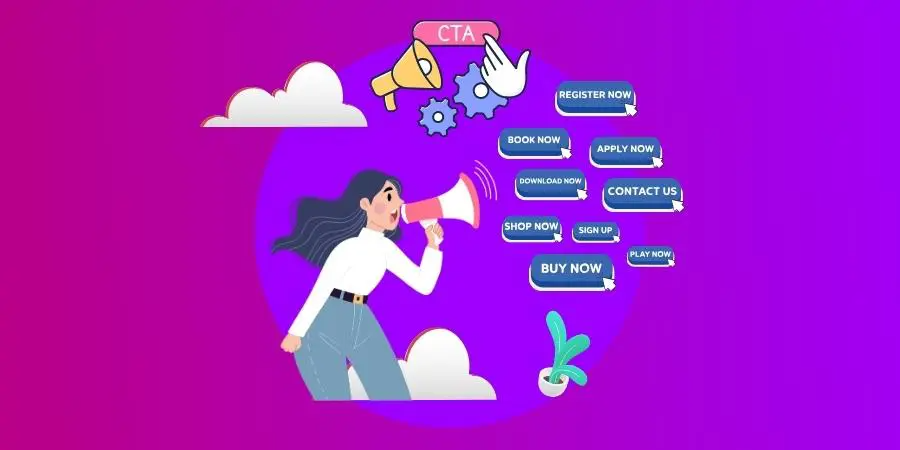Email marketing is a powerful tool to connect with your audience, but it comes with rules. Following legal standards is not just about avoiding fines. It is also about protecting your brand and building trust with your customers. This guide will help you understand the basics of email marketing laws and show you how to stay compliant.
Why Legal Standards Matter in Email Marketing
Email marketing laws exist to protect consumers from spam and ensure their privacy. Ignoring these rules can lead to serious consequences, such as fines or a damaged reputation. Adhering to these standards demonstrates that you respect your audience’s time and privacy.
For example, laws like the General Data Protection Regulation (GDPR) in Europe or the CAN-SPAM Act in the United States are designed to ensure fair practices. While they may seem complex, understanding their basics can make a huge difference.
Key Legal Standards for Email Marketing
Obtain Clear Consent from Your Recipients
One of the most important rules is to get clear permission before sending emails. This is known as “opt-in” consent.
- Single Opt-In: When users sign up, their consent is recorded immediately.
- Double Opt-In: Users confirm their subscription through a follow-up email.
Double opt-in is often recommended because it reduces the chance of fake sign-ups.
Provide a Clear Unsubscribe Option
Every email you send should have an easy way for recipients to unsubscribe. This is not just polite; it is required by most email marketing laws.
- Include a visible “Unsubscribe” link in your emails.
- Make the process simple and quick.
Removing a recipient from your list after they unsubscribe should happen promptly.
Identify Yourself Clearly
Your emails must include clear information about your identity. This includes:
- Your business name.
- A valid physical address.
- Contact details such as an email or phone number.
Transparency builds trust and keeps your campaigns within legal guidelines.
Avoid Misleading Subject Lines: Email Marketing
Do not trick your audience into opening emails. Subject lines must accurately reflect the content of your message. Misleading or false subject lines are a violation of most email marketing regulations.

Respect Privacy and Data Protection Rules
When collecting personal information, make sure you handle it responsibly.
- Clearly explain how you will use the data.
- Store it securely to protect against breaches.
Following these steps shows your audience that their privacy is your priority.
Steps to Keep Your Email Marketing Compliant
Step 1: Audit Your Current Practices
Start by reviewing your existing email campaigns.
- Are you collecting consent properly?
- Are all emails compliant with local and international laws?
Identifying gaps early will help you make the necessary changes.
Step 2: Use Trusted Email Marketing Tools
Many email marketing platforms have built-in features to ensure compliance.
- These tools help manage opt-ins and opt-outs.
- They also provide templates that meet legal standards.
Using reliable tools simplifies the compliance process.
Step 3: Train Your Team
Ensure everyone involved in email marketing understands the rules.
- Conduct regular training sessions.
- Share updates on changes to email marketing laws.
Knowledgeable team members are less likely to make costly mistakes.
Step 4: Monitor and Update Regularly
Laws and regulations change over time.
- Stay updated on legal developments.
- Review your campaigns periodically to ensure ongoing compliance.
Regular monitoring is essential for long-term success.

What Happens If You Ignore Legal Standards?
Non-compliance can result in severe penalties, including:
- Fines that can cost your business thousands of dollars.
- Loss of customer trust, leading to reduced engagement.
- Blacklisting by email service providers, which can harm your deliverability rates.
These risks underscore why legal compliance is essential for successful email marketing.
Best Practices for Ethical Email Marketing
Respect Your Audience’s Preferences
Give recipients control over the types of emails they receive. Allow them to:
- Select specific topics of interest.
- Choose how frequently they want updates.
This personalized approach increases engagement and reduces unsubscribe rates.
Send Relevant and Valuable Content: Email Marketing
Make sure your emails offer something of value to your audience. Whether it is educational content, discounts, or product updates, relevance is key.
Test Before Sending
Check every campaign for compliance before sending.
- Test unsubscribe links.
- Review subject lines and body content for accuracy.
Attention to detail prevents mistakes.
Maintain Clean Email Lists
Remove inactive or incorrect email addresses regularly. This not only improves your engagement rates but also reduces the chances of legal issues.
The Importance of Building Trust: Email Marketing
Compliance is about more than just following the rules. It is about earning the trust of your audience. When customers know you respect their privacy and preferences, they are more likely to stay loyal to your brand.
By taking these steps, your email marketing efforts will not only meet legal standards but also achieve better results.
Email marketing can be a game-changer when done right. By following the rules and respecting your audience, you can create campaigns that are both effective and ethical. Remember, compliance is not a hurdle; it is an opportunity to show your audience that you care about their privacy and trust.








